March 17, 2022
Co-living ideas explored in Davidson Prize longlist
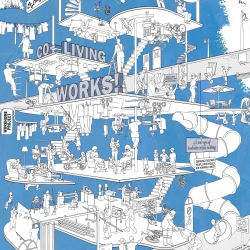 The judges of the 2022 Davidson Prize have selected a longlist of 14 teams. Responding to this year’s theme of Co-Living – A New Future, the longlisted teams represent diverse and exciting collaborative approaches to transforming the architecture of the home. The Davidson Prize is a design ideas and communication prize established in 2021 in memory of architectural visualisation pioneer Alan Davidson. Following the success of the inaugural Prize last year, in 2022 teams made up of architects working collaboratively with other disciplines were asked to consider whether current notions of home in the UK are keeping step with the 21st century. (more…)
The judges of the 2022 Davidson Prize have selected a longlist of 14 teams. Responding to this year’s theme of Co-Living – A New Future, the longlisted teams represent diverse and exciting collaborative approaches to transforming the architecture of the home. The Davidson Prize is a design ideas and communication prize established in 2021 in memory of architectural visualisation pioneer Alan Davidson. Following the success of the inaugural Prize last year, in 2022 teams made up of architects working collaboratively with other disciplines were asked to consider whether current notions of home in the UK are keeping step with the 21st century. (more…)





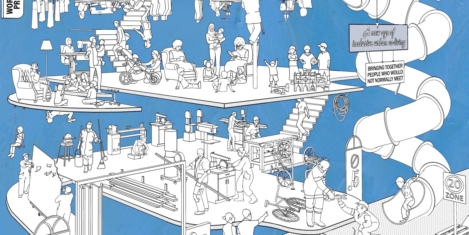
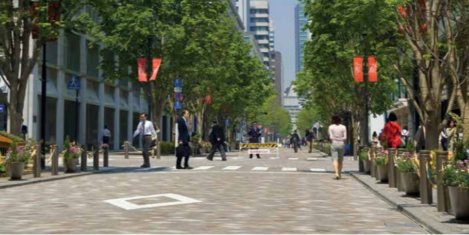
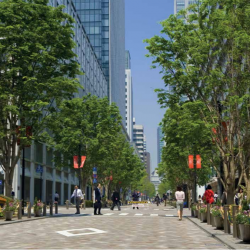
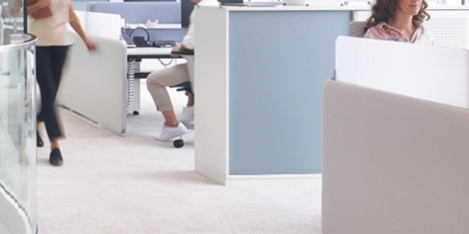
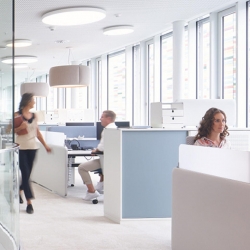















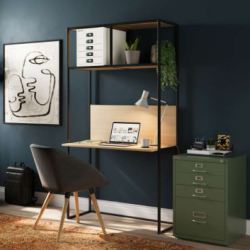









February 8, 2022
The office sector needs to develop better arguments for its products
by Mark Eltringham • Comment, Flexible working, Property, Workplace design